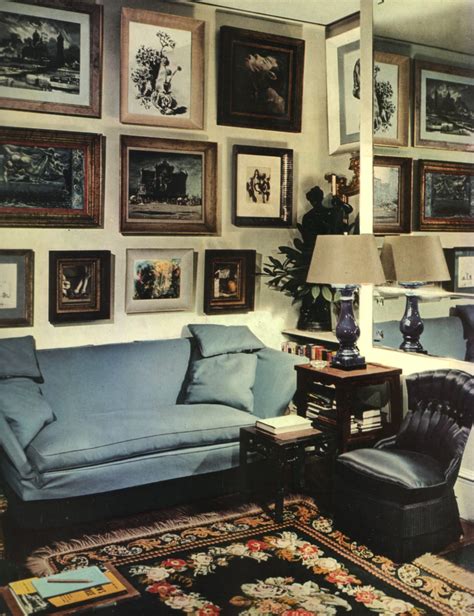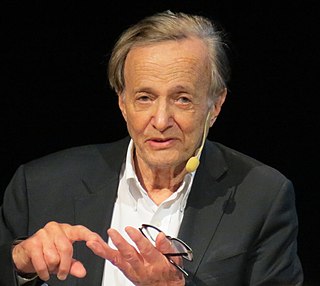A Quote by Susan Sontag
In contrast to the written account-which, depending on its complexity of thought, reference, and vocabulary, is pitched at a larger or smaller readership-a photograph has only one language and is destined potentially for all.
Related Quotes
Imagine a poem written with such enormous three-dimensional words that we had to invent a smaller word to reference each of the big ones; that we had to rewrite the whole thing in shorthand, smashing it into two dimensions, just to talk about it. Or don’t imagine it. Look outside. Human language is our attempt at navigating God’s language; it is us running between the lines of His epic, climbing on the vowels and building houses out of the consonants.
The way in which the photograph records experience is also different from the way of language. Language makes sense only when it is presented as a sequence of propositions. Meaning is distorted when a word or sentence is, as we say, taken out of context; when a reader or listener is deprived of what was said before, and after. But there is no such thing as a photograph taken out of context, for a photograph does not require one. In fact, the point of photography is to isolate images from context, so as to make them visible in a different way.
To be functionally fluent in a language, for instance, in most cases you need about 1,200 words. To acquire a total of vocabulary words, if you really train someone well they can acquire 200 to 300 words a day, which means that in a week they can acquire the vocabulary necessary to speak a language.
Algebra reverses the relative importance of the factors in ordinary language. It is essentially a written language, and it endeavors to exemplify in its written structures the patterns which it is its purpose to convey. The pattern of the marks on paper is a particular instance of the pattern to be conveyed to thought. The algebraic method is our best approach to the expression of necessity, by reason of its reduction of accident to the ghostlike character of the real variable.
Color is a major element in scale. A small room can have a larger look by the use of closely related values, hues, and intensity. A large room can be made to look smaller by marked contrasts of color and value, hue, and intensity. Value is one of the most important elements. Whether light or dark, little value contrast makes for unity, and sharper contrast makes for stronger punctuation.
Philosophy [nature] is written in that great book which ever is before our eyes -- I mean the universe -- but we cannot understand it if we do not first learn the language and grasp the symbols in which it is written. The book is written in mathematical language, and the symbols are triangles, circles and other geometrical figures, without whose help it is impossible to comprehend a single word of it; without which one wanders in vain through a dark labyrinth.
We believe we can also show that words do not have exactly the same psychic "weight" depending on whether they belong to the language of reverie or to the language of daylight life-to rested language or language under surveillance-to the language of natural poetry or to the language hammered out by authoritarian prosodies.



































